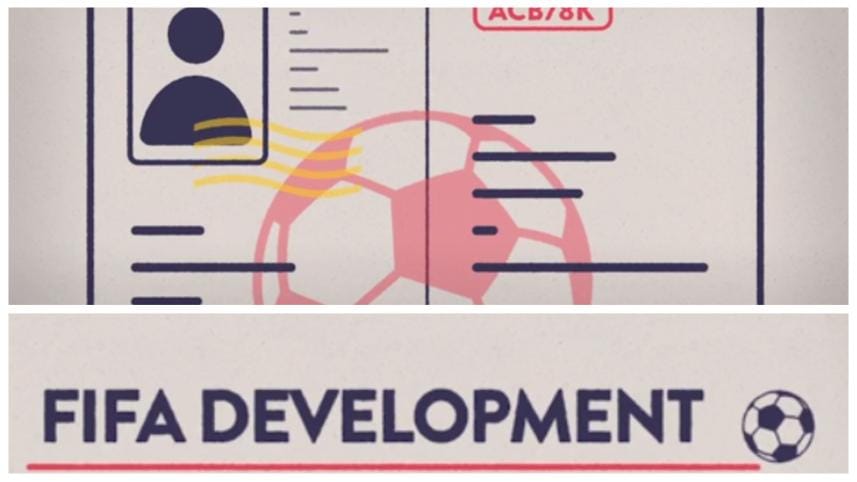Bangladesh plugs into game-changing FCH via FIFA Connect

The recent Bangladesh Premier League transfer window brought a quiet but important change.
For the first time, the Bangladesh Football Federation (BFF) registered players through FIFA's digital system instead of the old paper-based process. It caused some confusion, but the move signals progress towards professionalism.
At the heart of this change is the FIFA Clearing House (FCH), a system designed to ensure that clubs which train young players are rewarded when those players move on. Linked with FIFA Connect (a global player database) and FIFA TMS (Transfer Matching System), it automatically calculates and enforces payments owed to training clubs.
A famous example is Neymar. After joining Santos in Brazil as a 12-year-old in 2003, he eventually moved to Barcelona (2013) and later to Paris Saint-Germain (2017) for a record 222 million euros -- a deal that reshaped the global market. Thanks to FIFA's training and solidarity rules, Santos received more than 11 million euros simply for developing him.
For a club outside Europe's elite, that compensation was a vital financial boost.
In the past, smaller clubs often missed out because wealthier clubs ignored these obligations or settled selectively. Automation now makes it much harder to escape. Since its launch in 2022, the FIFA Clearing House has already distributed over USD 500 million to more than 7,000 clubs worldwide, including USD 300 million in training rewards -- triple the amount compared to the old manual system.
For Bangladesh, the implications are significant. District associations and small academies often struggle to fund youth programmes. Players may rise through Rangpur, Mymensingh or Khagrachhari but once they turn professional, their early clubs see no financial return. If properly logged in FIFA Connect, every Bangladeshi player will carry an Electronic Player Passport that records their youth clubs. Later, if they sign abroad, those academies would be eligible for compensation.
From Teknaf to Tetulia, the challenge for Bangladesh will be accurate registration and timely updates. The BPL's adoption of FIFA's system is only the first step. Extending it to the grassroots level could finally help academies sustain themselves.
Even modest payouts could cover training costs, improve facilities, and inspire more investment in youth football.
More importantly, nurturing a culture of flourishing academies across the country would directly strengthen the pipeline to the national team, ensuring a broader talent pool and raising Bangladesh's competitiveness on the Asian stage.
One player's journey abroad might seem like an individual success, but through the FCH, it could also secure the future of football at home.
The author is a football management analyst.



 For all latest news, follow The Daily Star's Google News channel.
For all latest news, follow The Daily Star's Google News channel.
Comments